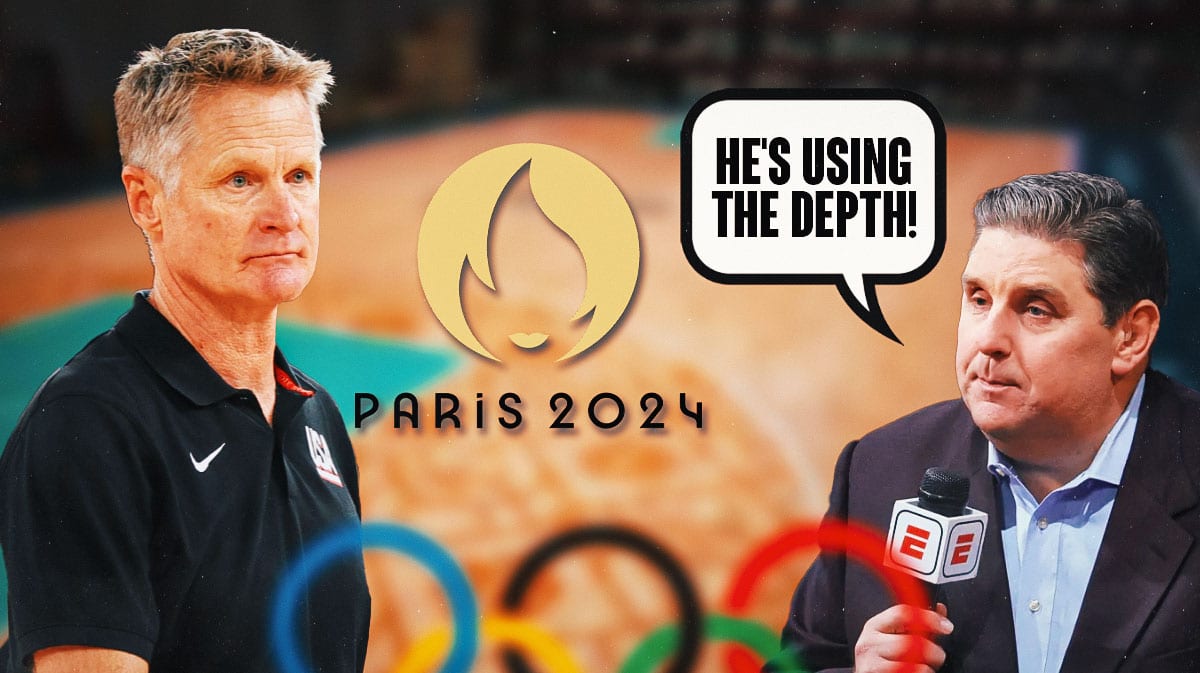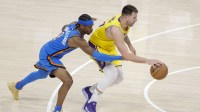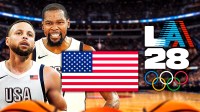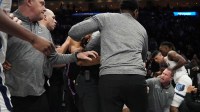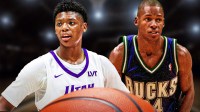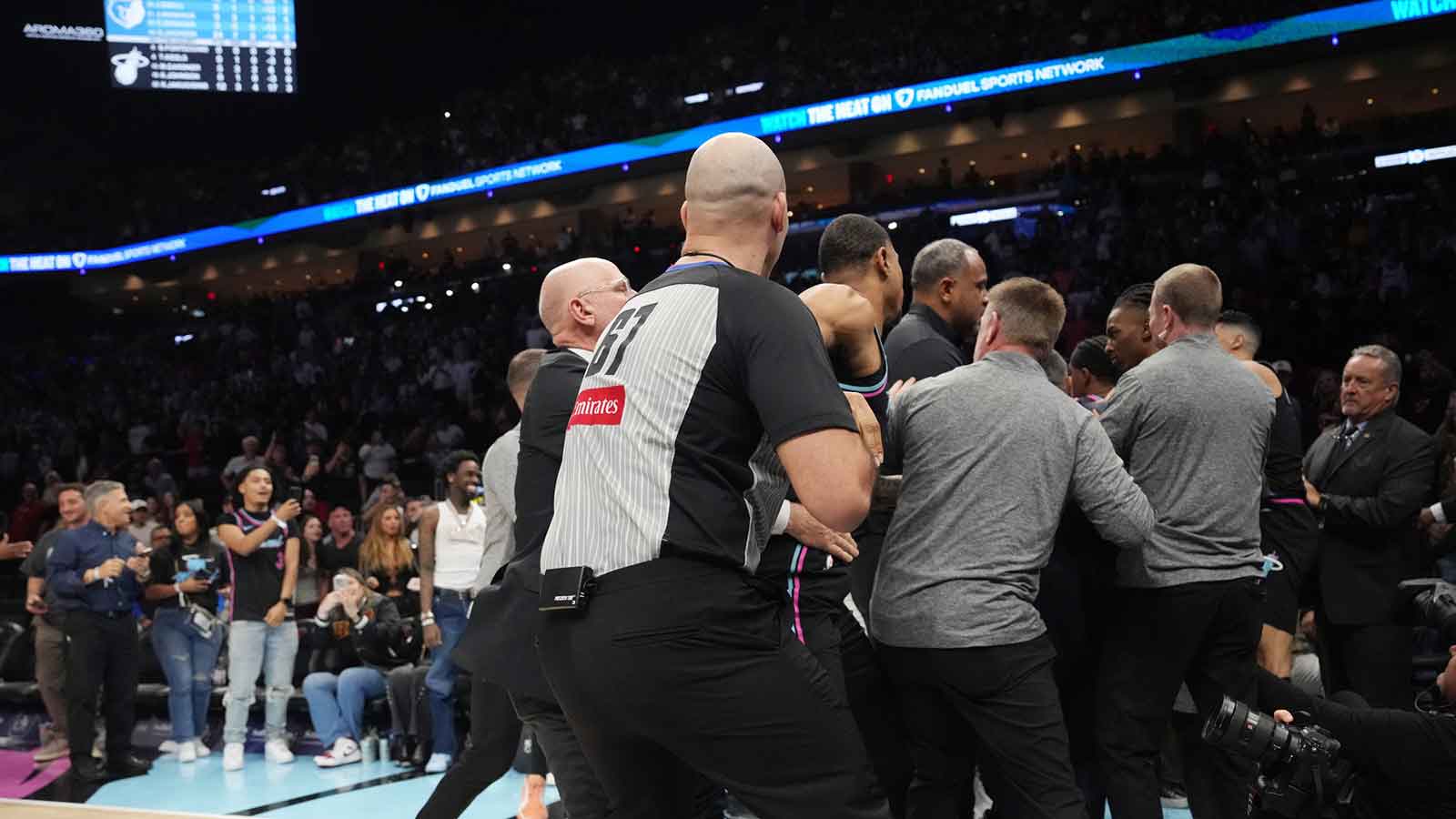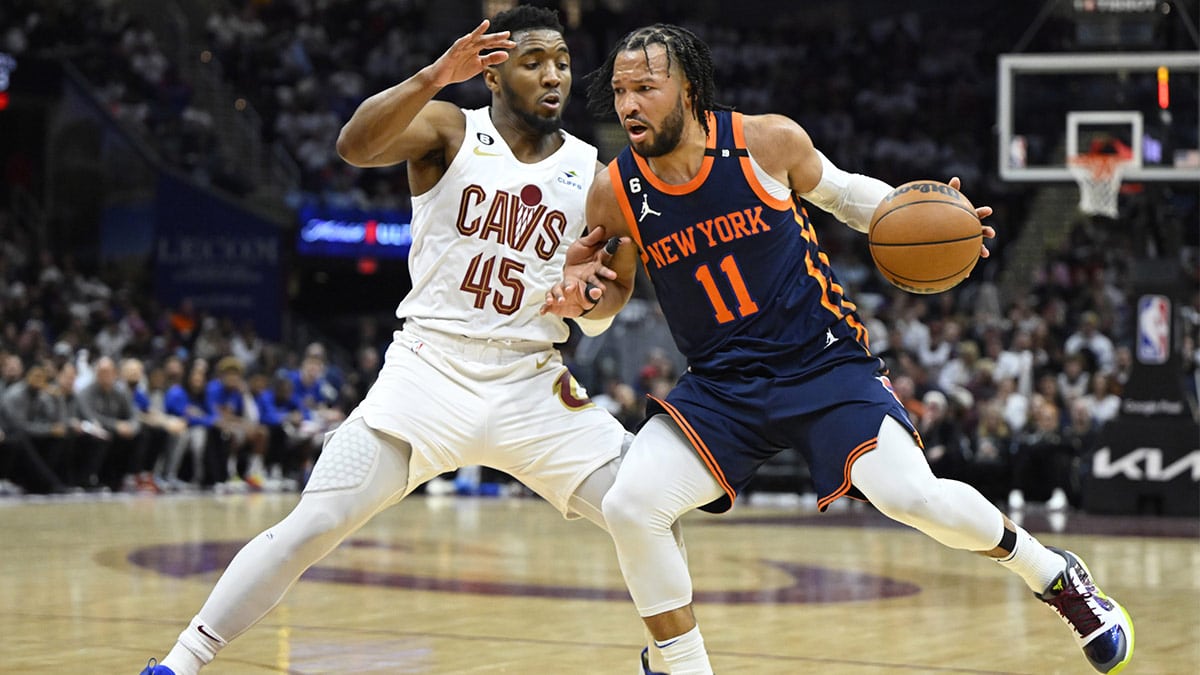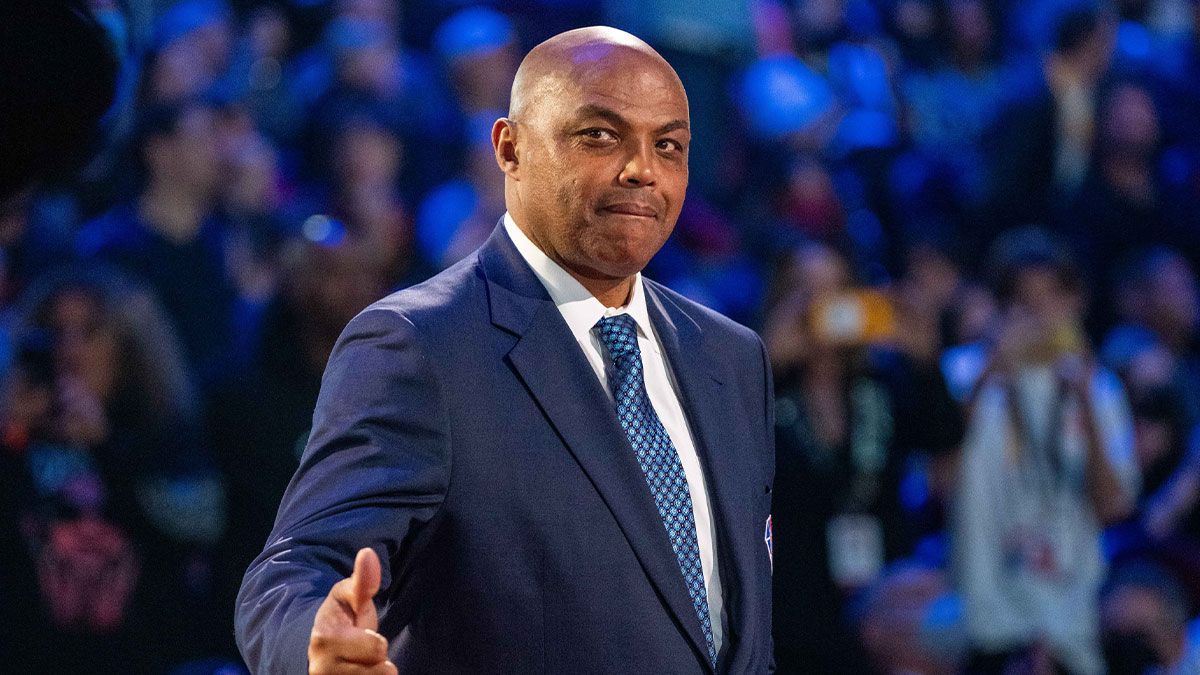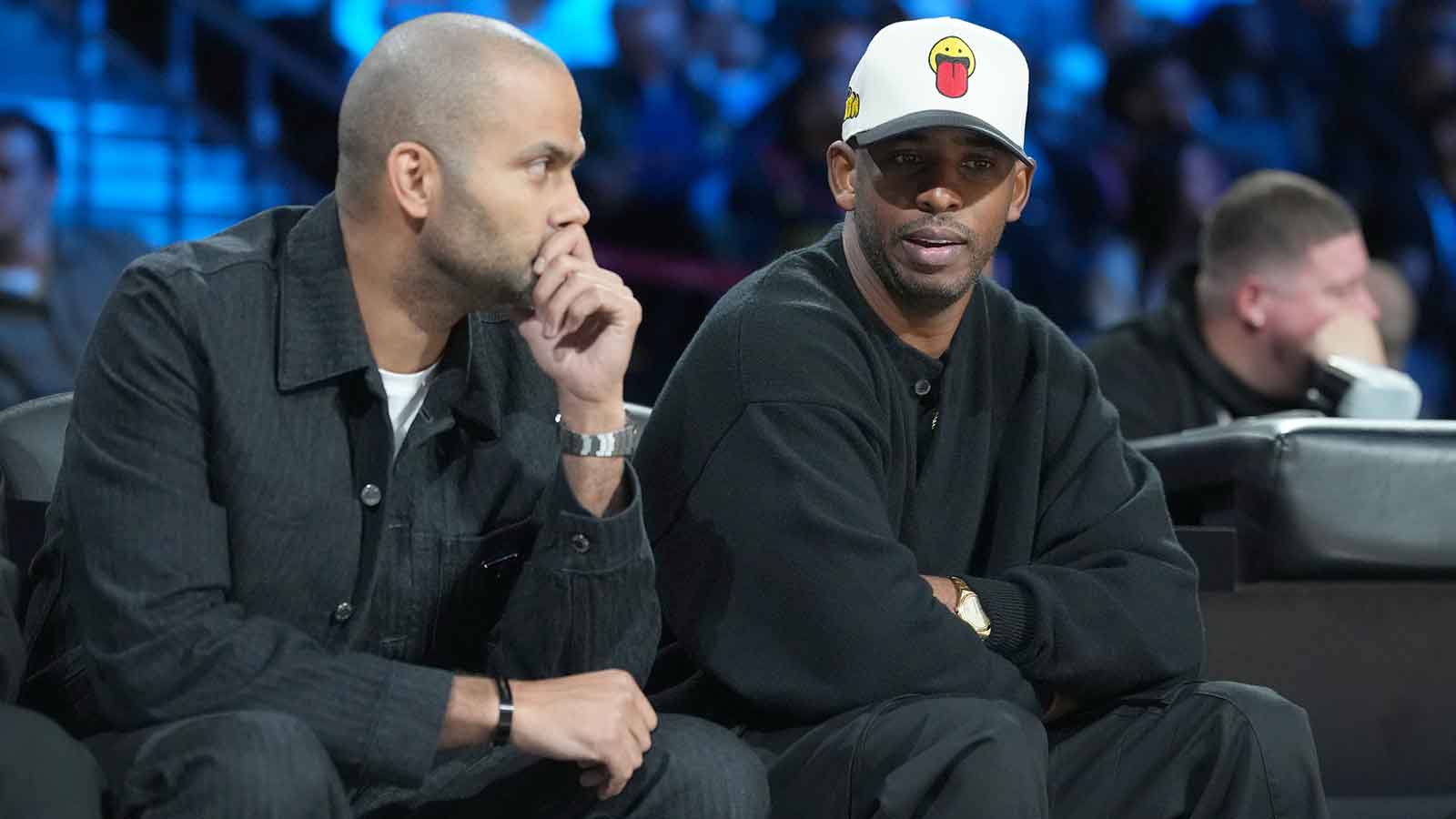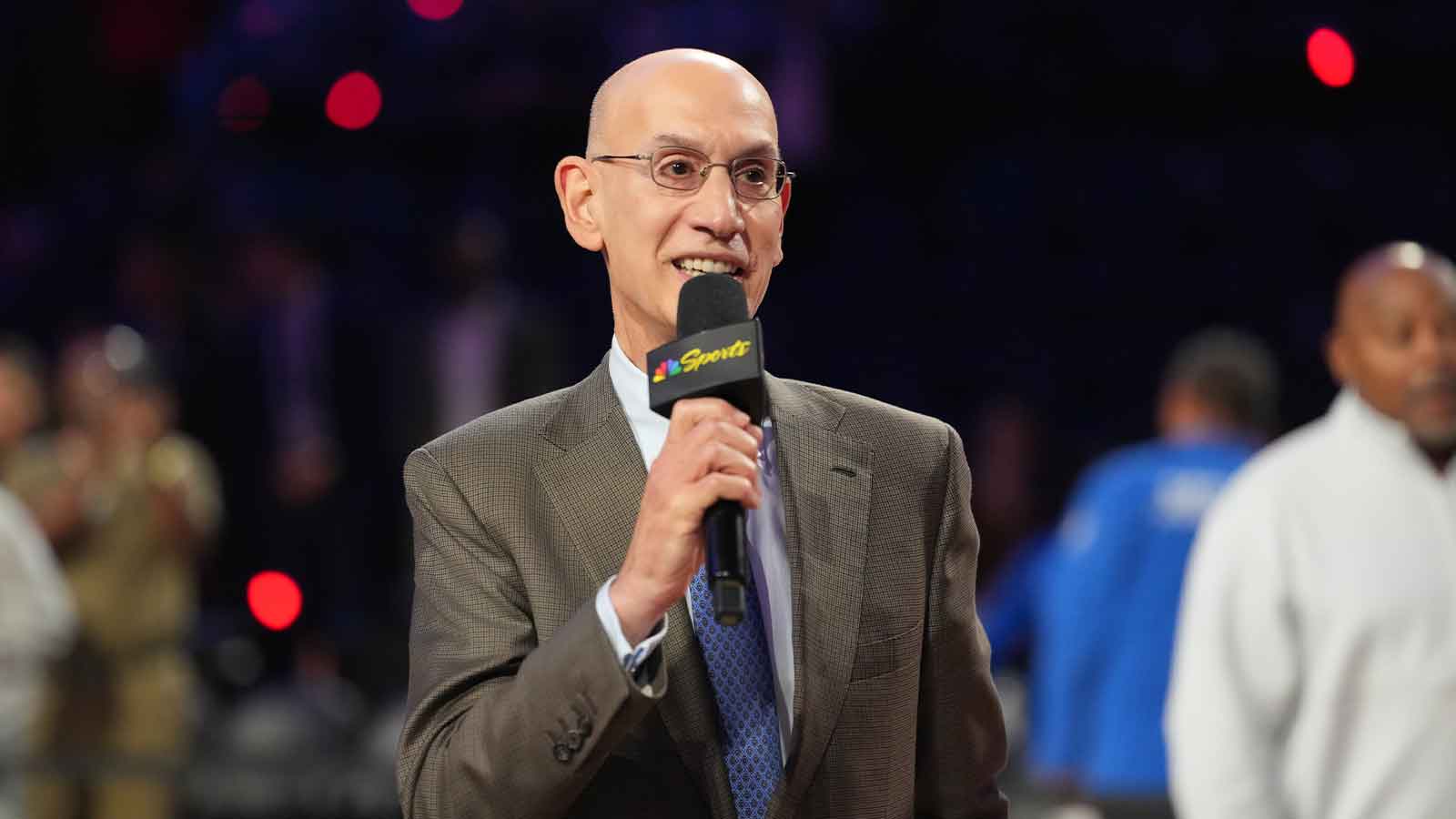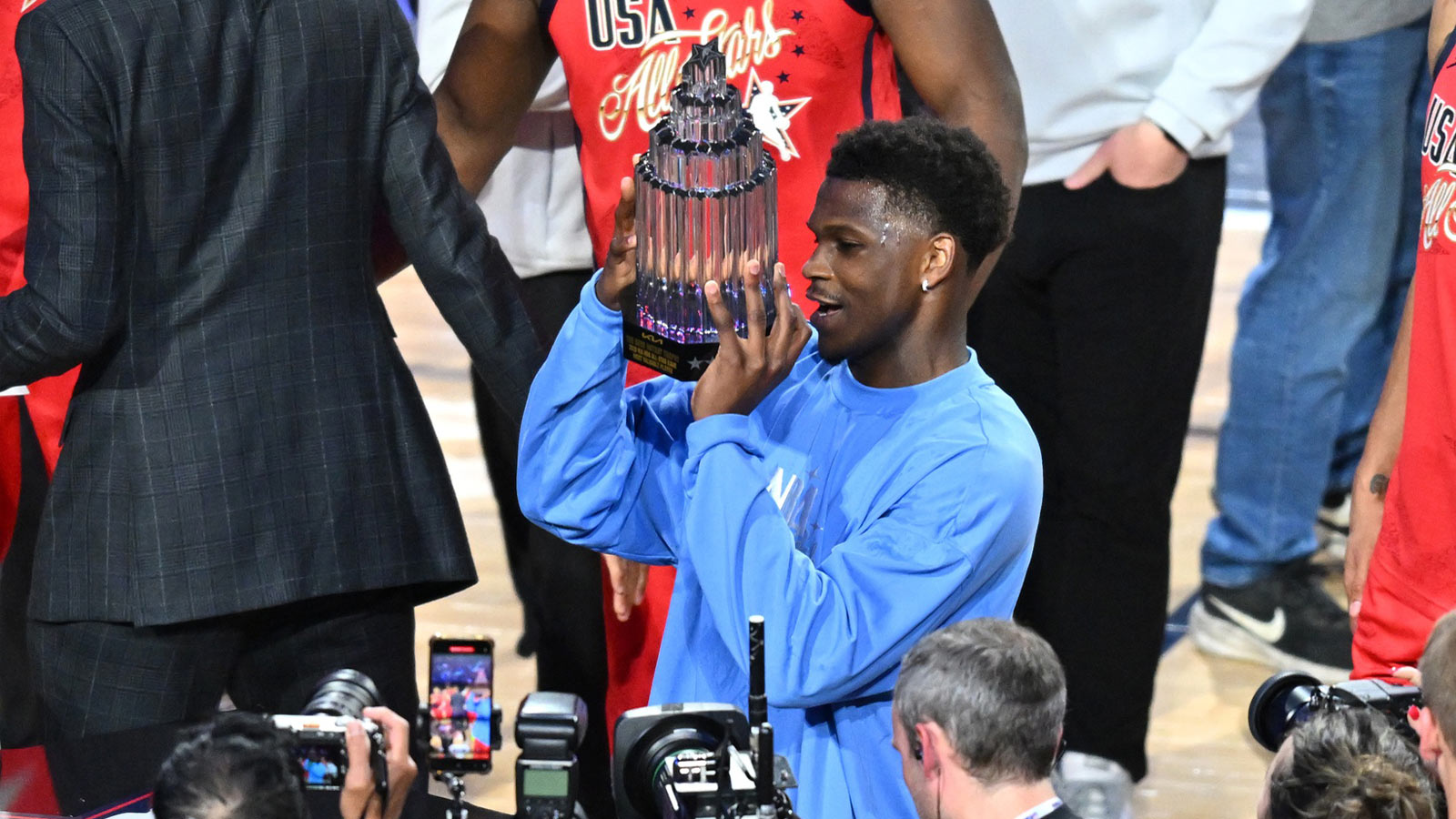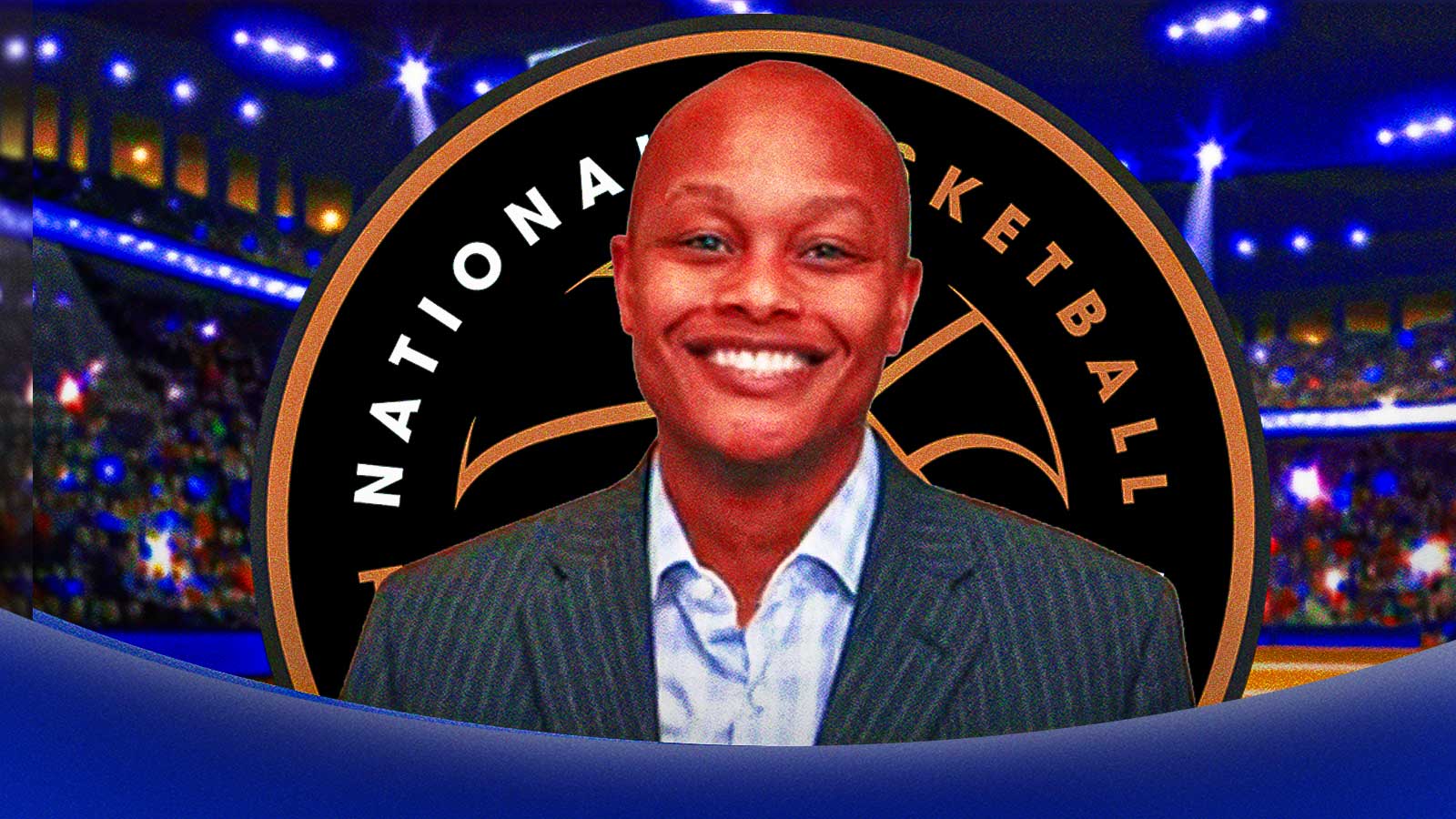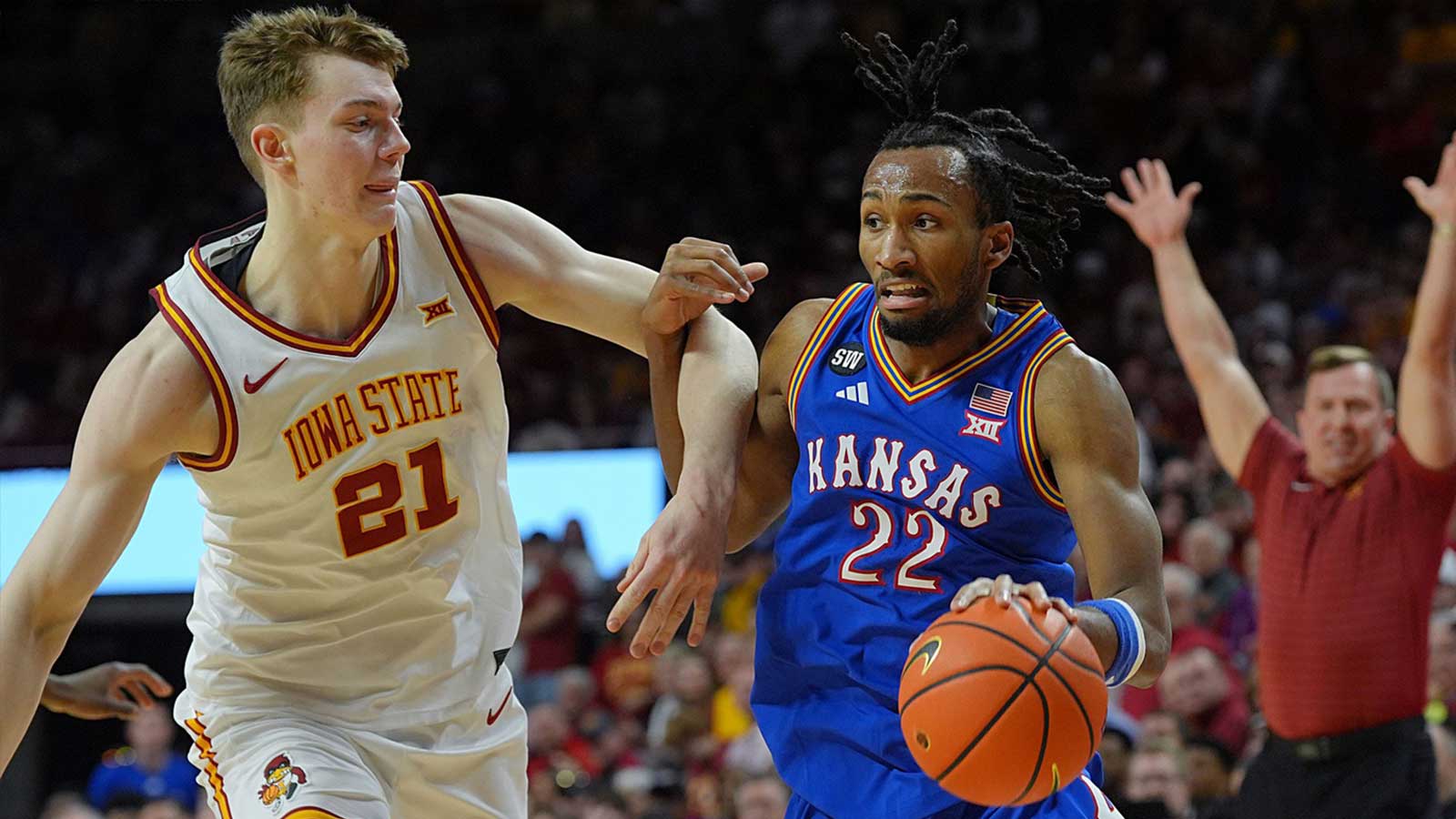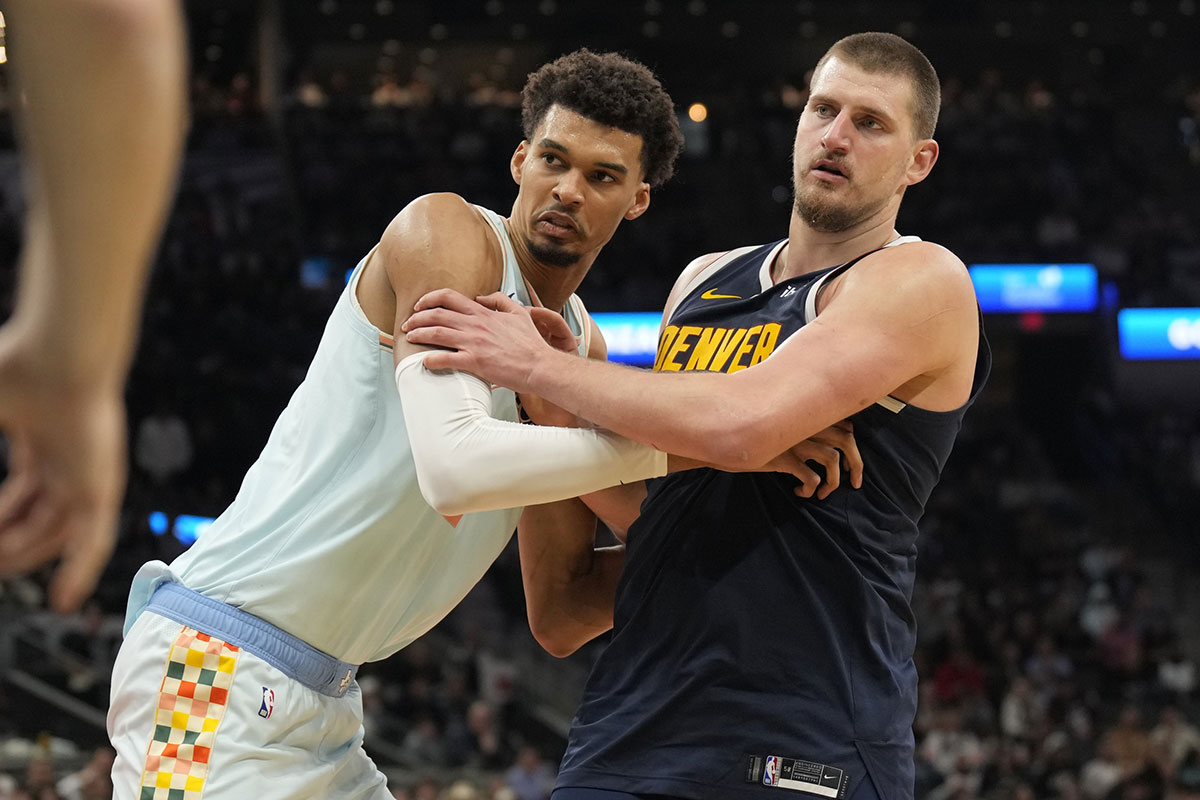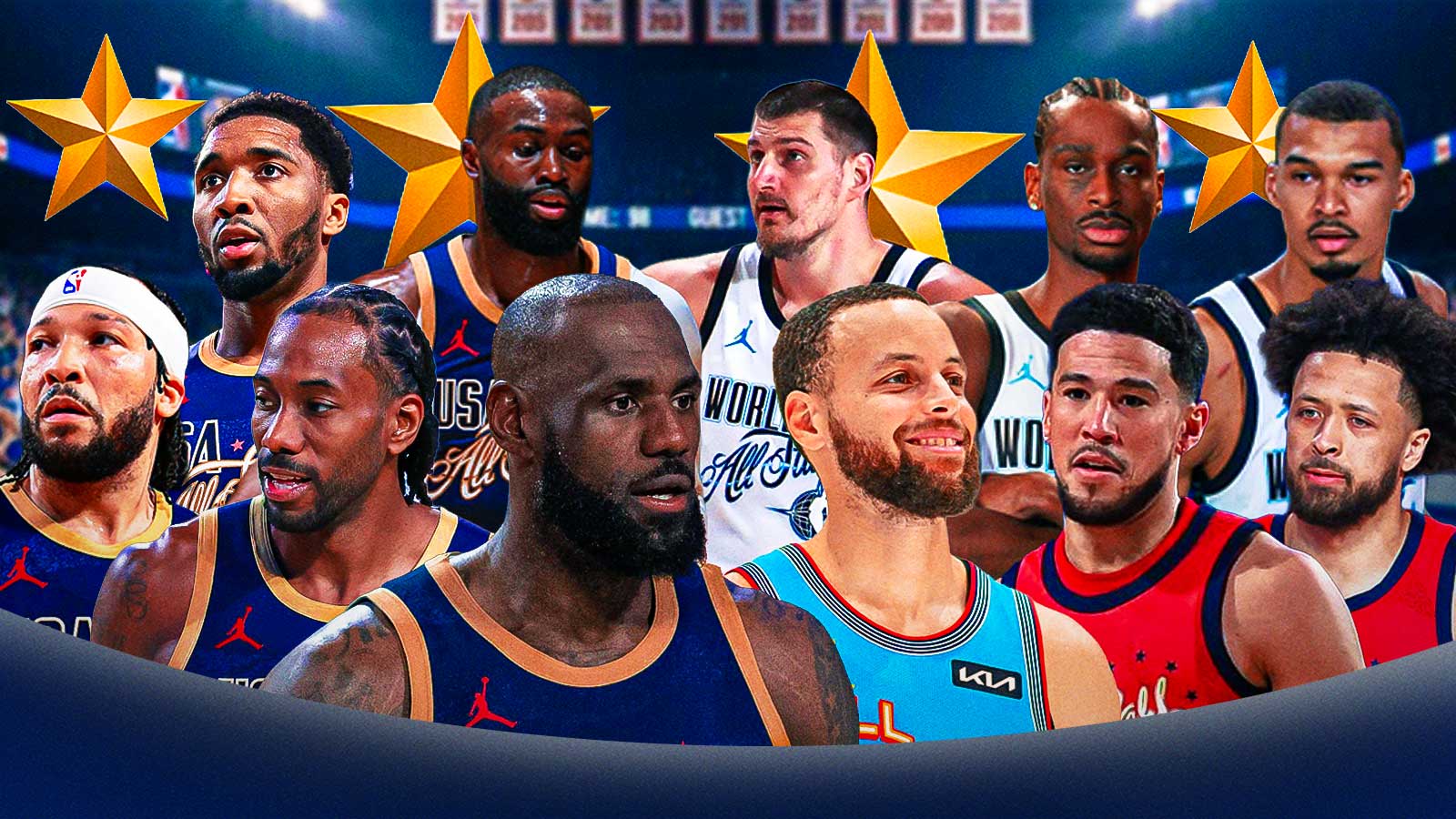In the heat of the 2024 Paris Olympics, Team USA's basketball squad, led by Head Coach Steve Kerr, has drawn considerable attention and controversy following a dramatic semi-final match against Serbia. The game, which featured a stunning 17-point comeback led by star players Stephen Curry and LeBron James, ended in a nail-biting 95-91 victory for the U.S.
Curry exploded with 36 points, marking the second-highest scoring game in U.S. men's basketball Olympic history. James added to his legendary status by becoming the first men’s basketball player to record multiple triple-doubles in the Olympics, finishing with 16 points, 12 rebounds, and 10 assists.
Despite the win, Kerr found himself under intense scrutiny for his coaching decisions. Notably, Jayson Tatum, who recently topped the NBA's pay scale after a championship season, did not play in the critical match against Serbia. This decision mirrored Kerr's earlier strategy in the group stage's 110-84 triumph over Serbia, where Tatum also saw no playtime. The repeated choice to bench Tatum raised eyebrows and questions about Kerr’s game management, especially as fellow team member Tyrese Haliburton also remained sidelined throughout the game.
ESPN's Brian Windhorst defends Team USA's Head Coach Steve Kerr
However, ESPN analyst Brian Windhorst defended Kerr's approach on a recent episode of “First Take,” pushing back against criticism from Charles Barkley and others who questioned the use of the team’s depth. Windhorst highlighted Kerr's strategic deployment of his squad, noting that 10 players have been averaging between 16-22 minutes of game time.
Windhorst explained, “If you look at this roster, look at what’s happened in the tournament, they’ve got 10 players averaging between 16-22 minutes. He’s using the depth, not only that it’s been the five man swap-outs with the second unit that have been the difference. In the first couple of games for the Olympics, it was the second unit that won the game against Serbia the last time around. The first unit against Jokic was even, it was the second unit that outscored the Serbians, 29-3. I just don’t think that Charles is on the right page here.”
.@WindhorstESPN believes Steve Kerr is properly utilizing Team USA's depth ✍️
“What league in the world does 12 guys work?” pic.twitter.com/ANKZTRntQR
— First Take (@FirstTake) August 9, 2024
Brian Windhorst also addressed the style of play that Kerr has instilled in the team, “They played FIBA basketball and that’s what Steve Kerr has been training them for the last month. They responded to the gameplan, training, and delivered. They won that game because yeah, Steph hit some threes because Durant hit some big shots, they won that game because of physical defense. They wouldn’t be allowed to play defense like that way in the NBA. Steve Kerr and the rest of the coaching staff got them ready for it.”
Kerr's strategic player rotation at the 2024 Paris Olympics under major scrutiny
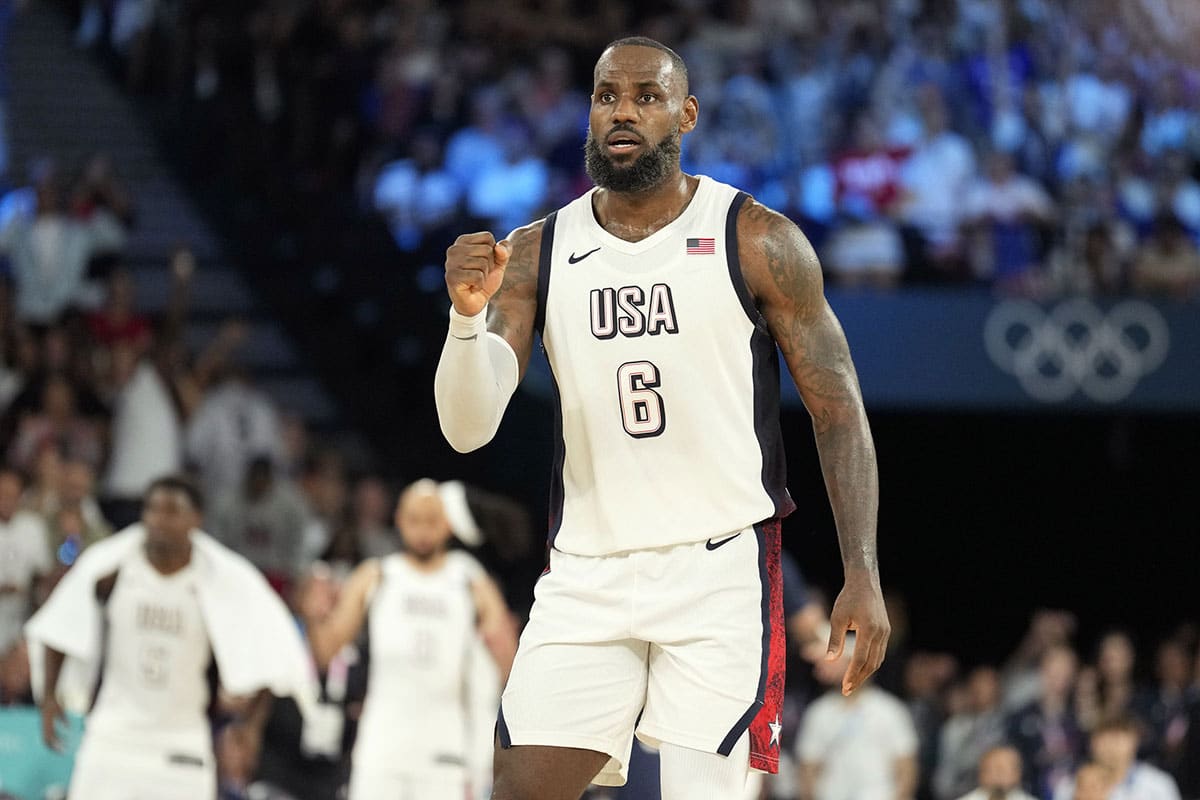
On the topic of player rotation, Windhorst was clear, “As far as playing 12 guys, what league in the world does 12 guys work? You don’t play 12 guys in high school. You don’t play 12 guys anywhere and in a 40-minute game, show me the league where 12 guys work. The only time it works is when you’re 40 points better than your opponent, which the Dream Team was in 1992.”
Team USA’s journey through the Paris Olympics has been fraught with high stakes and high expectations. Kerr’s strategies, while controversial, have so far navigated the team through tough challenges, culminating in this latest victory against a formidable Serbian team led by Nikola Jokic. As Team USA advances, the scrutiny of Kerr’s decisions will likely intensify, but for now, his methods have secured Team USA a spot in the Olympic finals, one step closer to gold.
As the team prepares for the final showdown against Victor Wembanyama and France on Saturday, the basketball world will be watching closely. Kerr's strategy, whether vindicated or criticized, will undoubtedly be a focal point in discussions about international basketball tactics and the adaptability of NBA coaching styles to the FIBA environment. With the gold medal within reach, all eyes will be on whether Team USA can continue to defy expectations and criticism to stand atop the Olympic podium.

